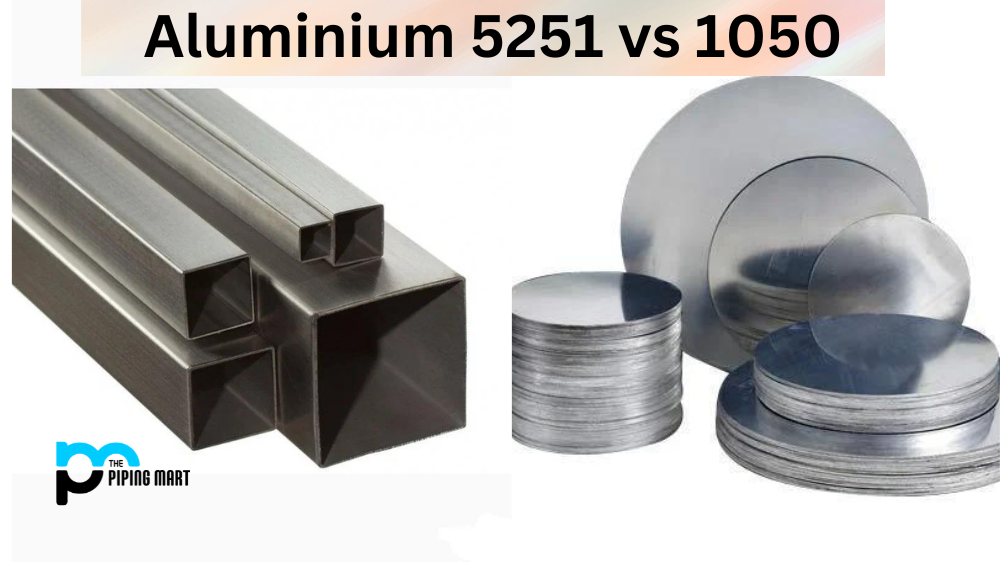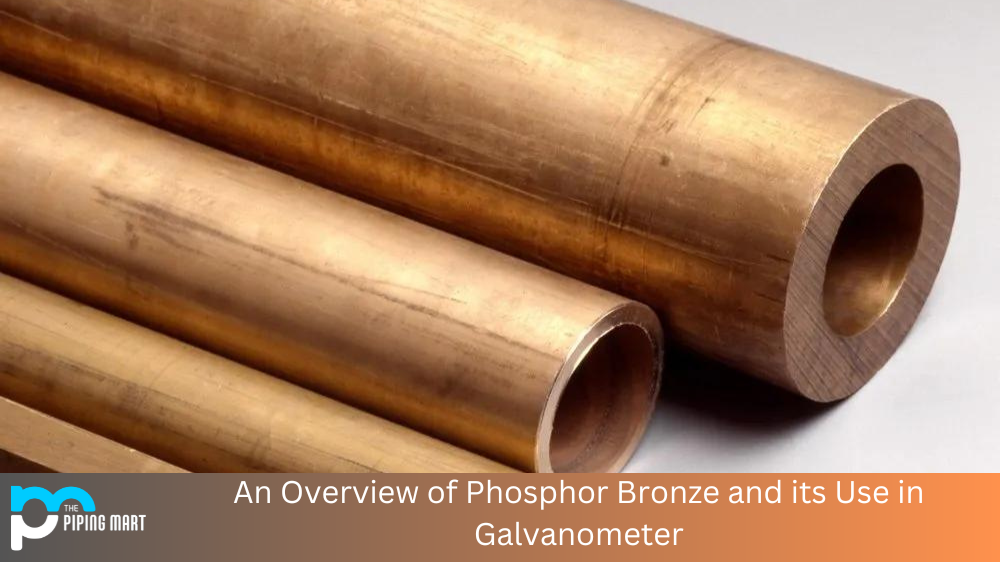Have you ever wondered why stainless steel is widely used in many applications? One reason is its thermal properties. Stainless steel has several impressive benefits, making it an ideal choice for many industries. Let’s explore some of the thermal properties of stainless steel and why those properties make it such a valuable material.
Stainless steel is one of the most heat-resistant materials available. This makes it ideal for applications where high temperatures are common, such as in ovens and other cooking tools, and in industrial processes where extreme temperatures are present. It can withstand temperatures up to 1,400°F (760°C) with minimal damage or loss of physical properties. Additionally, stainless steel has a higher melting point than other metals, such as aluminium or copper, making it ideal for applications that require extreme temperatures without melting or becoming distorted.
Another essential factor to consider when choosing a material for high-temperature applications is its thermal conductivity. Stainless steel has excellent thermal conductivity, which transfers heat energy quickly and efficiently from one area to another. This makes it an ideal material for heat exchangers and other applications where efficient transfer of heat energy is required. It also helps prevent hotspots from developing due to uneven heating during certain processes.
Lastly, stainless steel also resists oxidation at higher temperatures than other materials, meaning it won’t corrode or rust when exposed to very high temperatures. This makes stainless steel an ideal choice for equipment that must be exposed to high temperatures regularly without deteriorating over time due to corrosion or oxidation.
Conclusion:
Stainless steel offers numerous benefits when used in high-temperature settings such as ovens and industrial processes. Its impressive heat resistance allows it to withstand extreme temperatures without damage or distortion while transferring heat energy quickly and efficiently throughout the system, thanks to its excellent thermal conductivity properties. Plus, its inherent resistance to oxidation means that it won’t corrode over time, even when regularly subjected to very high temperatures—making stainless steel one of the best choices for any application requiring these properties!

Meet Bhavesh, a seasoned blogger with a wealth of knowledge and experience. From metal products manufacturing to retail, Bhavesh has a diverse background in various industries and is dedicated to sharing his insights and expertise with readers.




